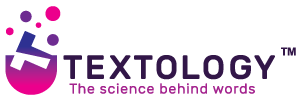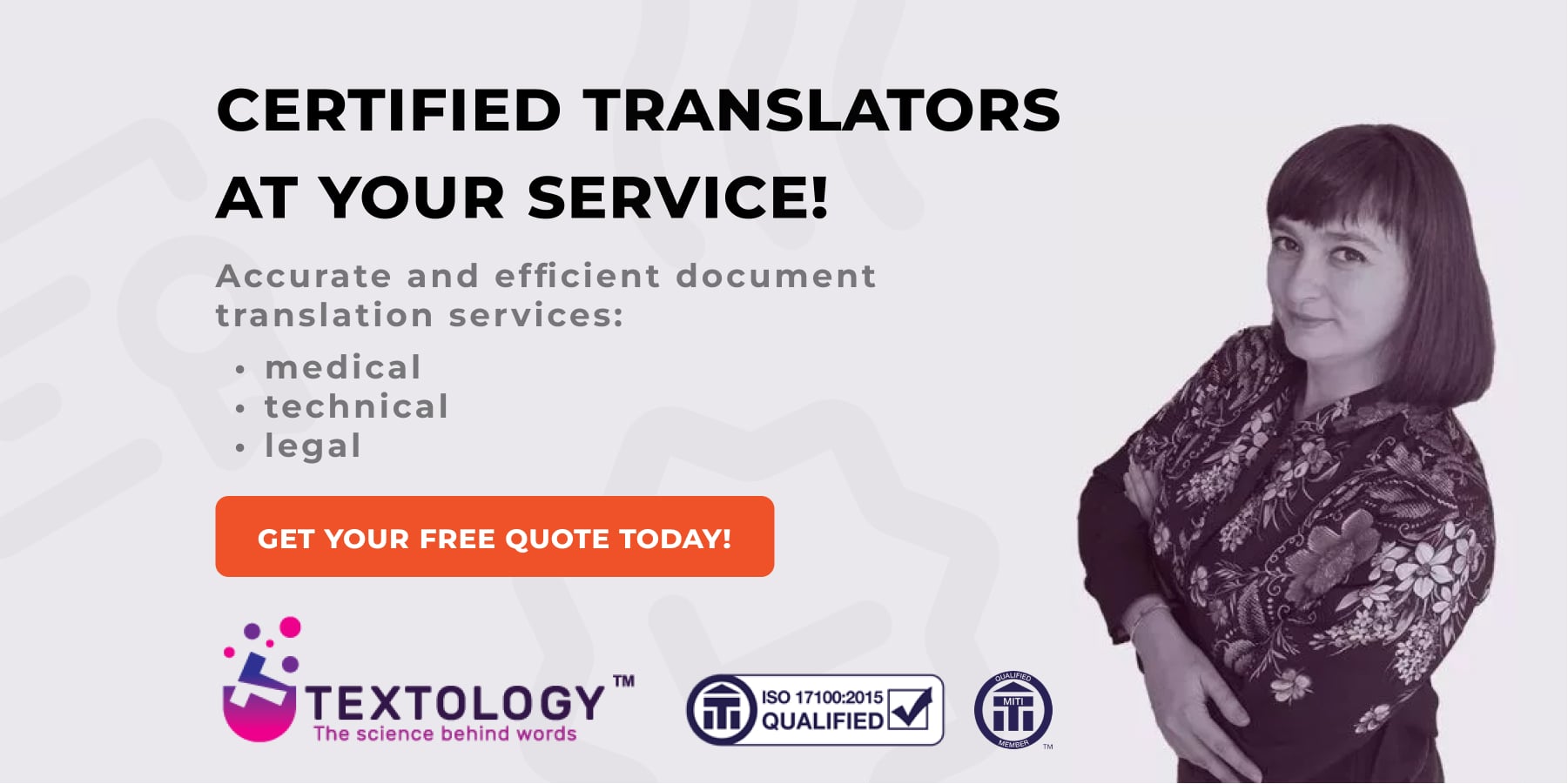
The usage of the right terminology is one of the most important means of people understanding each other. In other words, terminology management is a way to use specific terms in the right content, making the translation viable and on point.
What Terminology Management means?
Terminology management is a term referring to a group of procedures essential for presenting, editing and storing terminology. It’s widely used in medical, technical and legal translations. Terminology management consists of all the measures enabling a translator to build and maintain operable databases of certain words, unique to a particular company, public organization, industry or even a specific person/author.
All the activities bracketed together into terminology management can be attached to a few groups of operations. The main ones are as follows:
- Collection of words and phrases of interest
- Documentation of each collected term
- Reviewing of the database (with client participation)
- Secured storage of the database
- Sharing of the glossary with translation teams
- Updates of the database

What is the importance of Terminology Management?
A competently managed terminology may bring additional profitability, as it helps in building positive reputation in your specific industry and good relationships with your clients.
Having a unique glossary for every industry, market or client is not only a cost-effective way to ensure consistency, but also a key component in faster translations into other languages. Consistency makes all the translated documents accurate and easy to read and one well-knitted terminology database can save hours of matching terms with specific contexts.
It also helps in keeping all of your terminology nice and tidy, which eliminates chaotic translations and the need to make do-overs (which of course cost money). Coherent termbase is a great way to keep all your clients happy with your high quality translations and maintain a good reputation of your brand among them.
Finally, TM is a great tool for preserving all your knowledge for long-term projects. Glossaries can be also reused in every new translation for the same clients, markets or industries, which saves a lot of time and significantly reduces costs of translations.
How to choose the best Terminology management system?
Many language services rely on a terminology management system (TMS) for successful terms management. This terminology management software helps in creating, storing, sharing and updating content of business glossaries around the world.
This kind of software is fast, accurate and, most of all, flexible, which makes it a perfect tool for translators. Unfortunately, not all products have all the same tools and features. Most of them can be divided into two categories: products made exclusively for terminology management or software integrated into translation tools. Finding a product best suited for your needs might take some time and extensive research. Here are some key principles to help you choose the best TMS:
- A good TMS should be easy to integrate with your ongoing projects (workflow) and already existing infrastructure. So if a specific TMS interferes in your business processes’ flow, that’s not the one you’re looking for.
- The product should enable you to divide your unique database into different categories and subcategories. This will allow you to store all of your terminology resources in one place, providing easy access for all translators and collaborators engaged in a given project.
- Another thing to keep in mind is the number of end-users capable of using the particular TMS. Your tool must provide access for all your partners, no matter what devices they use or in which time-zones they reside in.
- Make sure that the TMS you pick has a reporting feature which can be used to manage and keep track of all the activities within the created glossary. It’s essential in keeping your data accurate and useful in a long-term perspective.
- The software must provide you with a highly-efficient search function, allowing all end-users to quickly and effortlessly find elements in all parts of the glossary.
Summary
Keeping a consistent, approved by your business partners, database of terms and phrases used within your company is a great benefit for any organization across all market activities. Without it, you endanger your reputation across your field of activity and generate additional costs of translations. Finding the right TMS could be the edge that’ll help you reach the peak of your industry. However, it’s not quite as simple as it may seem and you might need help from a professional terminology management services to point you in the right direction and identify all your terminology assets.
So start the process of creating your own quality termbase today and reap all of its benefits as soon as possible. Use the services of a TEXTOLOGY – a professional translation agency that helps you to create a term base or glossary that you can use for future projects to avoid terminological inconsistencies. You can learn more about the service on a dedicated page.

